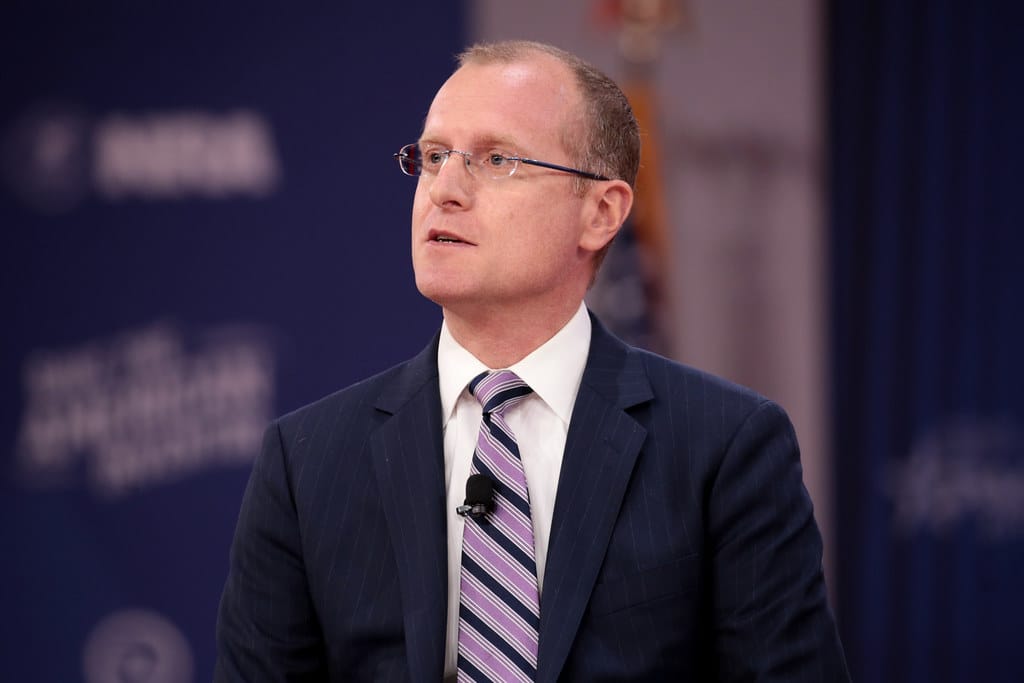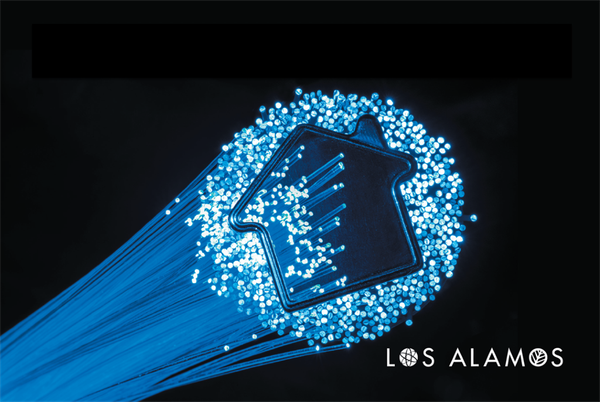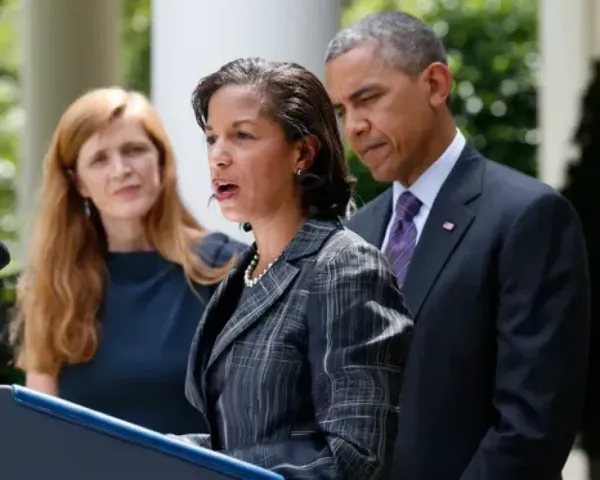FCC Commissioner Carr Discusses Benefits Of “Light Touch” Regulation And Open RAN
Carr credited the U.S.’s success in telecom to policies that were implemented by the FCC under the Trump administration.
Benjamin Kahn

May 14, 2021—Federal Communications Commissioner Brendan Carr discussed his perspectives on the myriad issues facing the FCC and the U.S. at large during the Internet Innovation Alliance’s virtual fireside chat on Thursday.
Carr was appointed by President Donald Trump in 2017 and has remained a staunch supporter of the policies that were put in place under his administration. Conversely, he has been somewhat critical of those that preceded his arrival at the FCC, during the Obama Administration.
During the fireside chat, Carr described the “light touch” infrastructure reforms that he supported during his time at the FCC. He explained that in his view, it was this more “hands off” approach that allowed the expansion of cellular coverage across the county. He claimed that these reforms were responsible for the number of new cell sites constructed — from 708 in 2016 to 46,000 in 2019.
Focus on big tech conduct, not net neutrality
He was also critical of Obama-era net neutrality regulation.
“A lot of sort of net neutrality is really a stalking horse, in my view, for price controls or rate regulation.” He mentioned the light touch approach again, stating that even over the course of the pandemic, that internet speeds were increasing while prices were falling.
Carr emphasized that rather than focusing on Net Neutrality for potential foul play, legislators should be focusing on the data that is being collected by companies like Amazon and Google. “There’s a whole heck of a lot more discriminatory conduct taking place with respect to data,” he said.
Chinese influence and Open RAN
Carr also indicated that open radio access networks could be one of the solutions to winning the race to 5G against Huawei and China. He argued that the disaggregated and “unbundled” nature of open RAN would drive down prices while improving performance.
“I want to give [open RAN] a fair shot of succeeding and then let the market and let the providers themselves decide exactly when and how to make this transition,” Carr said. “I am interested in helping open RAN deploy and prove itself.”
Though he said that in the past he was worried about the U.S.’s standing in 5G leadership, he said the changes that the FCC has made in the past several years have turned the tide. He described the U.S. as having “leapfrogged” over China thanks in part to the FCC’s efforts to free up mid-band spectrum for 5G deployment.
FCC Acting Chairwoman Jessica Rosenworcel stated that the benefits of Open RAN include cost savings and security.
Carr restated his position that to maintain this success, the FCC would need to successfully carry out the 3.45 GHz auction which is scheduled for to be completed by the end of 2021, but he added that the FCC should also move to complete his proposed 2.5 GHz auction within the year as well.











Member discussion